In the wake of the Civil War, some four millions slaves were freed by the Emancipation Proclamation and the Union victory. However, the South had been ravaged by war, leaving communities and the economy in ruin. To provide aid in the form of food, housing, medical care, and education for former slaves and poor whites, the Freedman’s Bureau was established by Congress in 1865. With its establishment came hope, which was quickly pushed back against by mainly southern whites and President Andrew Johnson, who became president after Lincoln’s assassination. Johnson fought with Congress and radical Republicans about Reconstruction policies, removing anyone from the Freedman’s Bureau that was “too sympathetic” to blacks and granting pardons to many former Confederates, restoring them of their land. He worked to undermine the authority of the Freedman’s Bureau, contributing it its difficulties and failings.
Though the Freedman’s Bureau is seen as largely a failed project, there were some aims it was able to accomplish. During its short tenure, the Bureau was able to build thousands of schools and colleges for blacks. It succeeded in feeding millions, providing medical care and hospital buildings. The Bureau was able to assist black veterans, help former slaves find lost relatives, and legalize marriages. Staffing the Bureau was a consistent difficulty, and there were only 900 agents working during its peak. Many of their agents were the targets of harassment and violence from the Ku Klux Klan, who saw the Bureau as the enemy, interfering with southern states rights. One large failure of the Freedman’s Bureau was the objective of land redistribution. Slaves were to be given land to live on from the abandoned and confiscated southern lands from the war. Most of the land taken during the war was eventually returned to its previous owners, leaving blacks with little power for success or social mobility.
The Freedman’s Bureau met its end in the summer of 1875. Congress, under consistent pressure from southern whites and suffering a lack of funds and workers, finally discontinued the initiative, leaving many of its original aims unmet. The Bureau was an unfulfilled dream for equal access, introducing the concept of the government promoting social welfare programs. No real racial equality was obtained by the initiative or long-term change. The nation’s attempt at reparations left many blacks in conditions similar to slavery in everything but name.
Source: http://www.history.com/topics/black-history/freedmens-bureau

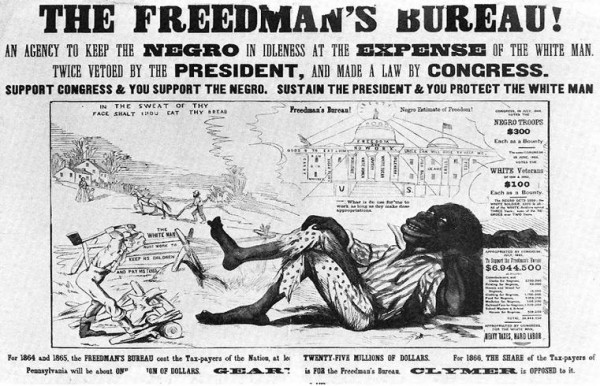




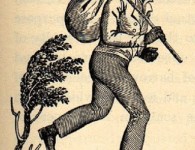
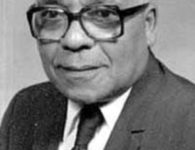
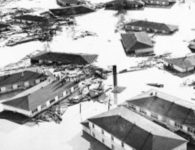
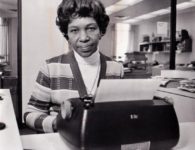
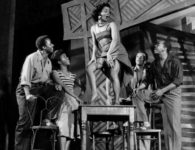


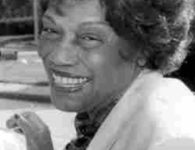
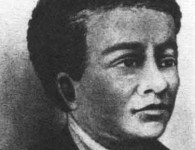
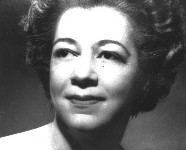
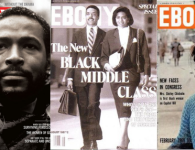
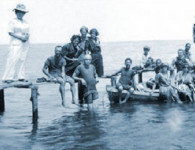
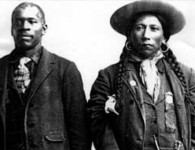

1 Comment
This article is doesn’t explain the treasonous behaviors of Andrew Johnson when he became president. Yes he pardoned the confederate soldiers and gave them back their indebted land and clearly stated/ summarized: the USA was going to be a country for white Europeans and Africans would be subservient to white Europeans. President Andrew Johnson was one of the worst if not the worst president in USA history, his legacy is still impacting African American Descendants Of Slavery as we head into the year 2021.
It was Field Order 15 in March 1865 that authorized land and mules for the previous enslaved Africans. The Freedmen’s Bureau Act of 1865 formalized General Sherman Field Order 15 in to law to provide low cost interest rates to purchase 40 acres and a mule; $1.25 per acre, 40% was due up front. Only the African men who fought in the civil war had money to purchase land, everyone else were wealth less. They left the plantations with the clothes on their backs.
If you want to know more I recommend: The Color of Money, Black Banks and the Racial Wealth Gap; by Mehrsa Baradaran. It’s a book that was part of the political education offered by Breakingbrown (on YouTube) and ADOS101.com ✌?